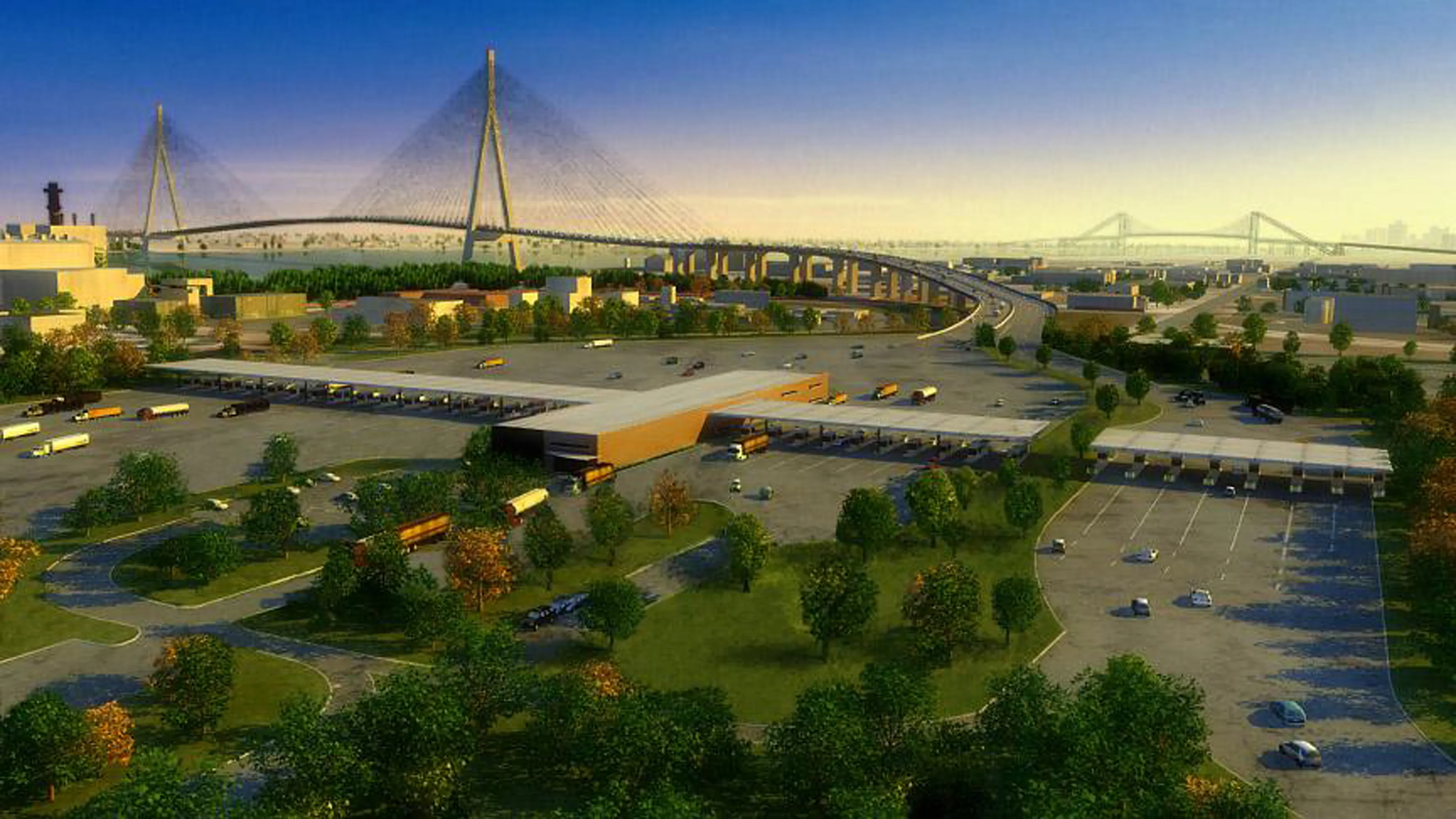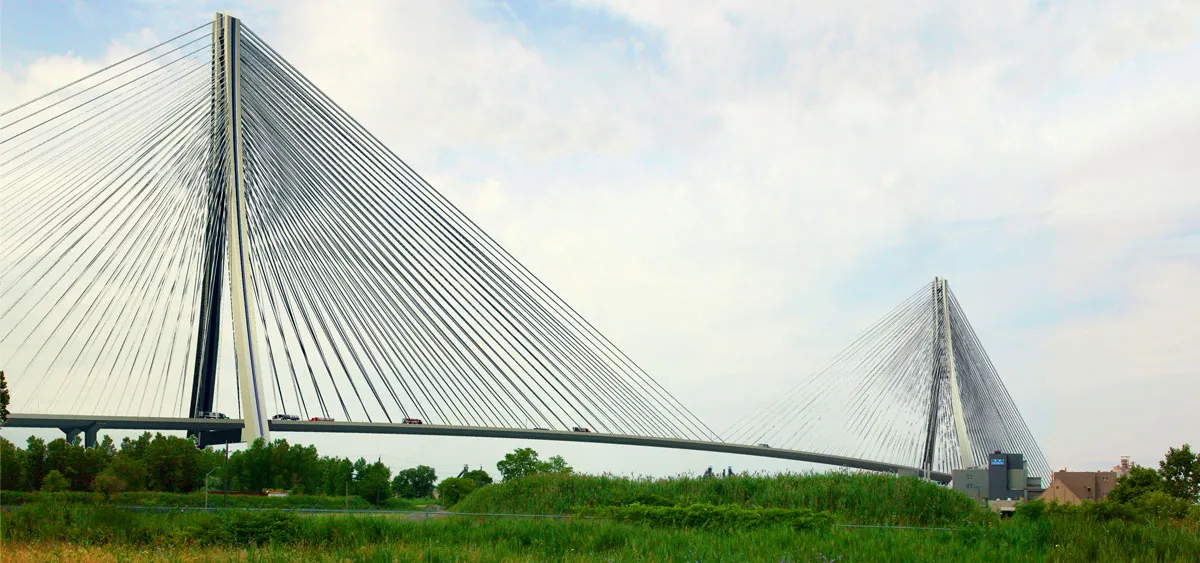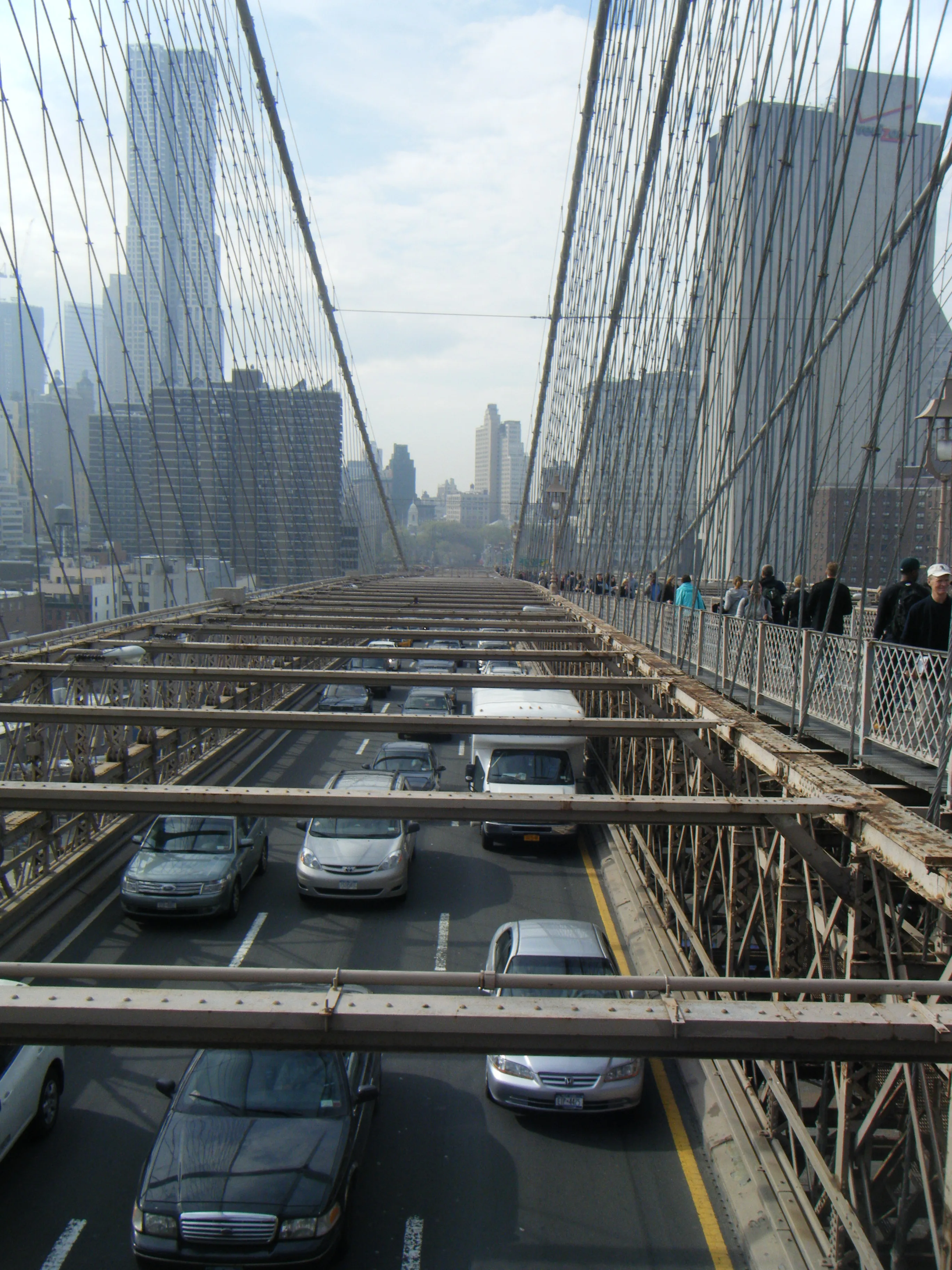According to the American Road & Transportation Builders Association (ARTBA), US voters are keen to see increased spending on infrastructure. ARTBA’s analysis suggests that voters approve nearly 70% of state and local transportation ballot initiatives, which is consistent with the results of the last four US elections. ARTBA tracked 31 measures overall; five were statewide initiatives and 26 were local. The measures would increase or extend funding for highways, bridges and transit. All of the seven bond in
November 15, 2012
Read time: 3 mins
According to the American Road & Transportation Builders Association (ARTBA), US voters are keen to see increased spending on infrastructure. ARTBA’s analysis suggests that voters approve nearly 70% of state and local transportation ballot initiatives, which is consistent with the results of the last four US elections. ARTBA tracked 31 measures overall; five were statewide initiatives and 26 were local. The measures would increase or extend funding for highways, bridges and transit. All of the seven bond initiatives were approved by voters. Eighteen measures were for increasing, extending or renewing a sales tax for transportation purposes, two were property tax extensions and one was for a local fuel tax. The total value approved was US$2.4 billion. In 2010, voters approved 61% of similar measures, 78% in 2008, 77% in 2006 and 76% in 2004. “The results show the American people are looking for solutions to address their transportation challenges and are willing to pay more if they know the revenue generated will be used for its intended purpose,” said ARTBA chief economist Alison Premo Black, who compiled the list.
Three of the four statewide measures to raise additional transportation funds passed with an average approval rate of 63%. Arkansas voters approved a one-half cent increase in the state sales tax to cover a $1.3 billion bond issue for roads and bridges. The temporary sales and use tax will help fund improvements for state highways and bridges, county roads, city streets and other surface transportation.
Alaska voters approved a bond issue of $453.5 million for transportation.
Although a strong majority of voters (65%) in Los Angeles, CA, supported Measure J, which would have extended the 30-year one-half sales tax passed in 2008 for an additional 30 years, the ballot initiative needed a 66% super majority for approval.
The current sales tax measure is set to expire in 2039. Had the measure passed, it would have extended the current sales tax to 2069. Three ballot initiatives did not specifically ask voters to increase funding for roads, bridges or transit, but they did address transportation issues. Voters in Michigan opened a path to one of the largest bridge projects in the nation by rejecting an initiative that would have required a statewide referendum before building an international crossing to Canada. The referendum was initiated by the owner of the Ambassador Bridge to prevent a new crossing over the Detroit River. Earlier this year, the Canadian government announced an agreement with Michigan Governor Rick Snyder (R) to build and pay for a new, publicly owned bridge between Windsor, Ontario, and Detroit, just two miles south of the Ambassador Bridge.
The Canadian Transport Minister said the bridge will now be built “as soon as possible.” The cost of the project is estimated to be $1 billion. Voters in Cornelius, OR, rejected a measure to repeal the local fuel tax, which is used to improve roads.
Three of the four statewide measures to raise additional transportation funds passed with an average approval rate of 63%. Arkansas voters approved a one-half cent increase in the state sales tax to cover a $1.3 billion bond issue for roads and bridges. The temporary sales and use tax will help fund improvements for state highways and bridges, county roads, city streets and other surface transportation.
Alaska voters approved a bond issue of $453.5 million for transportation.
Although a strong majority of voters (65%) in Los Angeles, CA, supported Measure J, which would have extended the 30-year one-half sales tax passed in 2008 for an additional 30 years, the ballot initiative needed a 66% super majority for approval.
The current sales tax measure is set to expire in 2039. Had the measure passed, it would have extended the current sales tax to 2069. Three ballot initiatives did not specifically ask voters to increase funding for roads, bridges or transit, but they did address transportation issues. Voters in Michigan opened a path to one of the largest bridge projects in the nation by rejecting an initiative that would have required a statewide referendum before building an international crossing to Canada. The referendum was initiated by the owner of the Ambassador Bridge to prevent a new crossing over the Detroit River. Earlier this year, the Canadian government announced an agreement with Michigan Governor Rick Snyder (R) to build and pay for a new, publicly owned bridge between Windsor, Ontario, and Detroit, just two miles south of the Ambassador Bridge.
The Canadian Transport Minister said the bridge will now be built “as soon as possible.” The cost of the project is estimated to be $1 billion. Voters in Cornelius, OR, rejected a measure to repeal the local fuel tax, which is used to improve roads.









